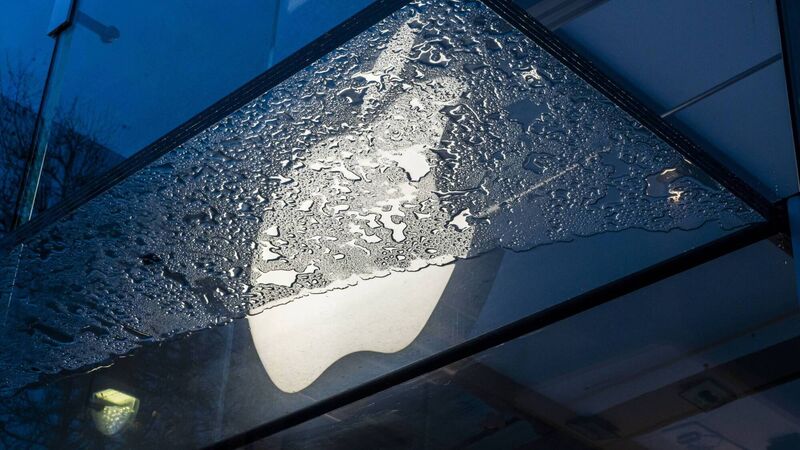Apple's iPhone shipments slide 10% as sales in China lag rivals

The company shipped 50.1 million iPhones in the first three months of the year, according to market tracker IDC, falling shy of the 51.7 million average analyst estimate compiled by Bloomberg
Apple's iPhone shipments slid a worse-than-projected nearly 10% in the three months to the end of March, reflecting flagging sales in China despite a broader smartphone industry rebound.
The company shipped 50.1 million iPhones in the first three months of the year, according to market tracker IDC, falling shy of the 51.7 million average analyst estimate compiled by Bloomberg.











